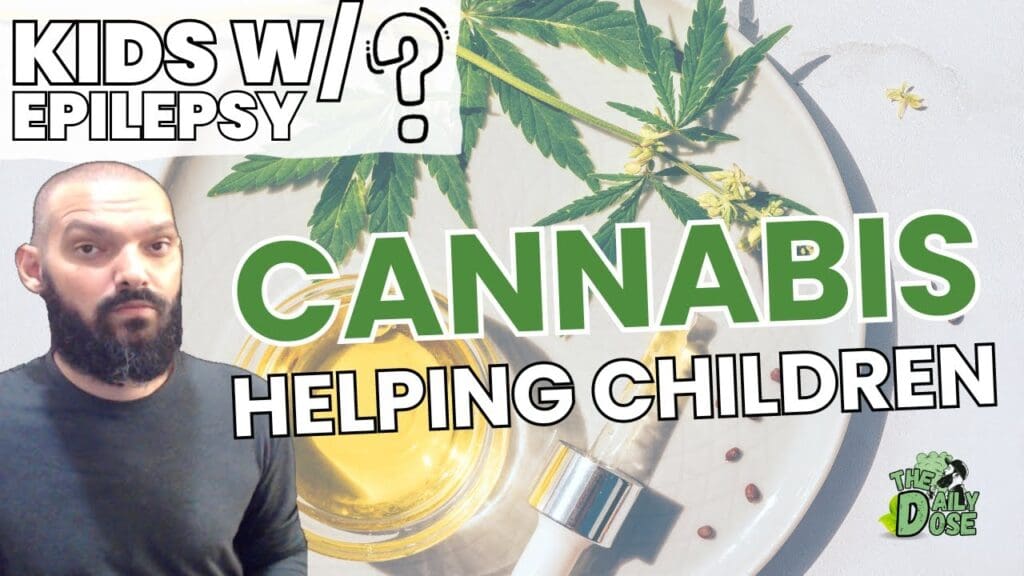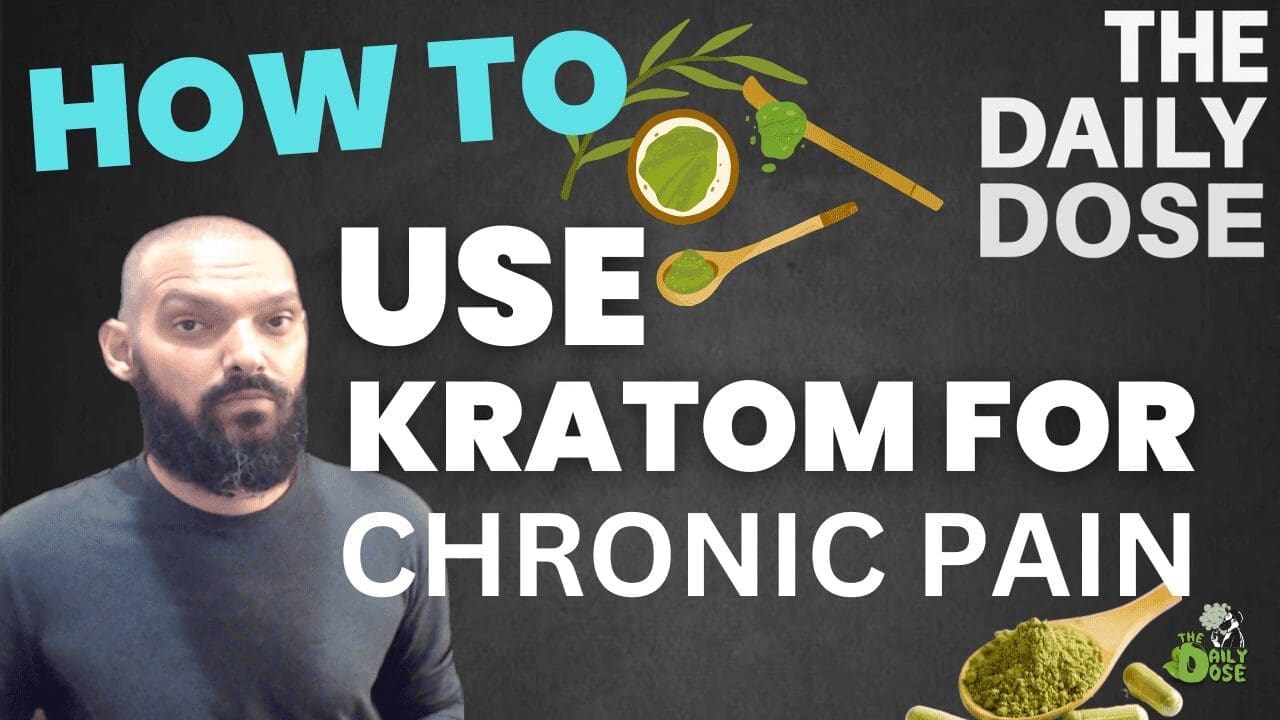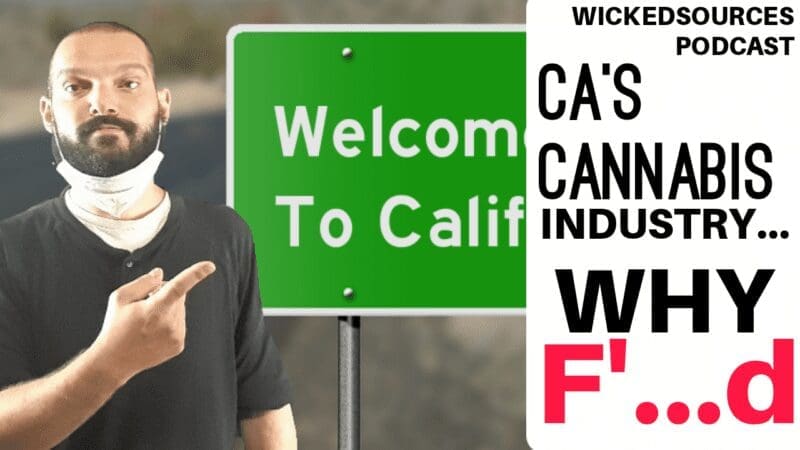Want to listen to the whole episode try The Daily Dose Podcast
Cannabis And Epilepsy What To Know
Introduction: A Pioneering Breakthrough
The use of cannabis, particularly CBD (cannabidiol), in the treatment of epilepsy and other neurological conditions, has been an area of extensive study and intense debate.
In June 2018, a significant milestone was achieved when the U.S. Food & Drug Administration (FDA) approved EPIDIOLEX® – a CBD oral solution. This groundbreaking approval opened new horizons, marking the first-ever FDA-approved medication to combat seizures associated with Lennox-Gastaut syndrome and Dravet syndrome in individuals two years of age and older.
In this comprehensive exploration, we delve into the profound implications of this development, unlocking the untold potential of CBD and medical cannabis.
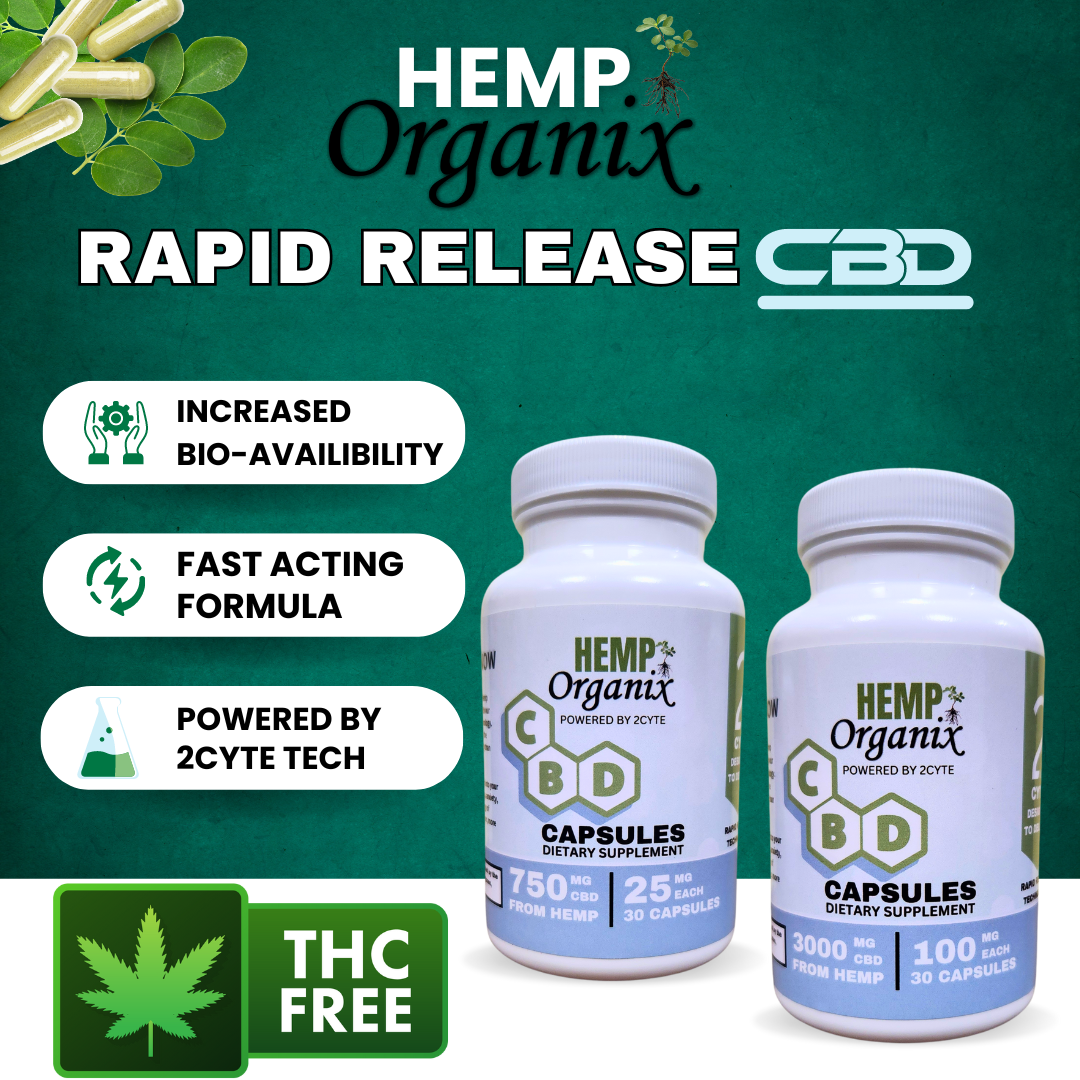
The Science of CBD and Cannabis
To comprehend the significance of CBD and medical cannabis, it’s crucial to grasp the science behind these compounds. Cannabis, often colloquially known as marijuana, holds within it a myriad of elements, with CBD and THC (tetrahydrocannabinol) being the most prominent.
While THC is responsible for the psychoactive “high” associated with cannabis, CBD offers therapeutic potential without the mind-altering effects. In this section, we embark on a journey through the plant’s chemistry and its influence on the human body.

FDA’s Milestone Approval: Epidiolex
On June 25, 2018, history was made with the FDA’s nod to EPIDIOLEX® – a pioneering oral solution derived from CBD. We delve into the significance of this approval, understanding its implications in terms of medical progress. EPIDIOLEX® marked the first-ever plant-based drug to emerge from the cannabis plant in the United States, paving the way for a new era of medical treatments.
Unraveling the Mysteries of Medical Cannabis
What is medical cannabis, and how does it differ from recreational use? We dissect the concept of medical cannabis, offering insights into its multifaceted nature and the compounds within it that hold great potential for therapeutic use.
CBD’s Promising Role in Seizure Control
The core of this journey lies in the therapeutic applications of CBD, particularly in seizure control. We explore the early evidence and clinical studies that have pointed to CBD’s potential in managing seizures. From laboratory research to anecdotal accounts, we uncover the journey that led to the FDA’s historic approval of EPIDIOLEX® for epilepsy.
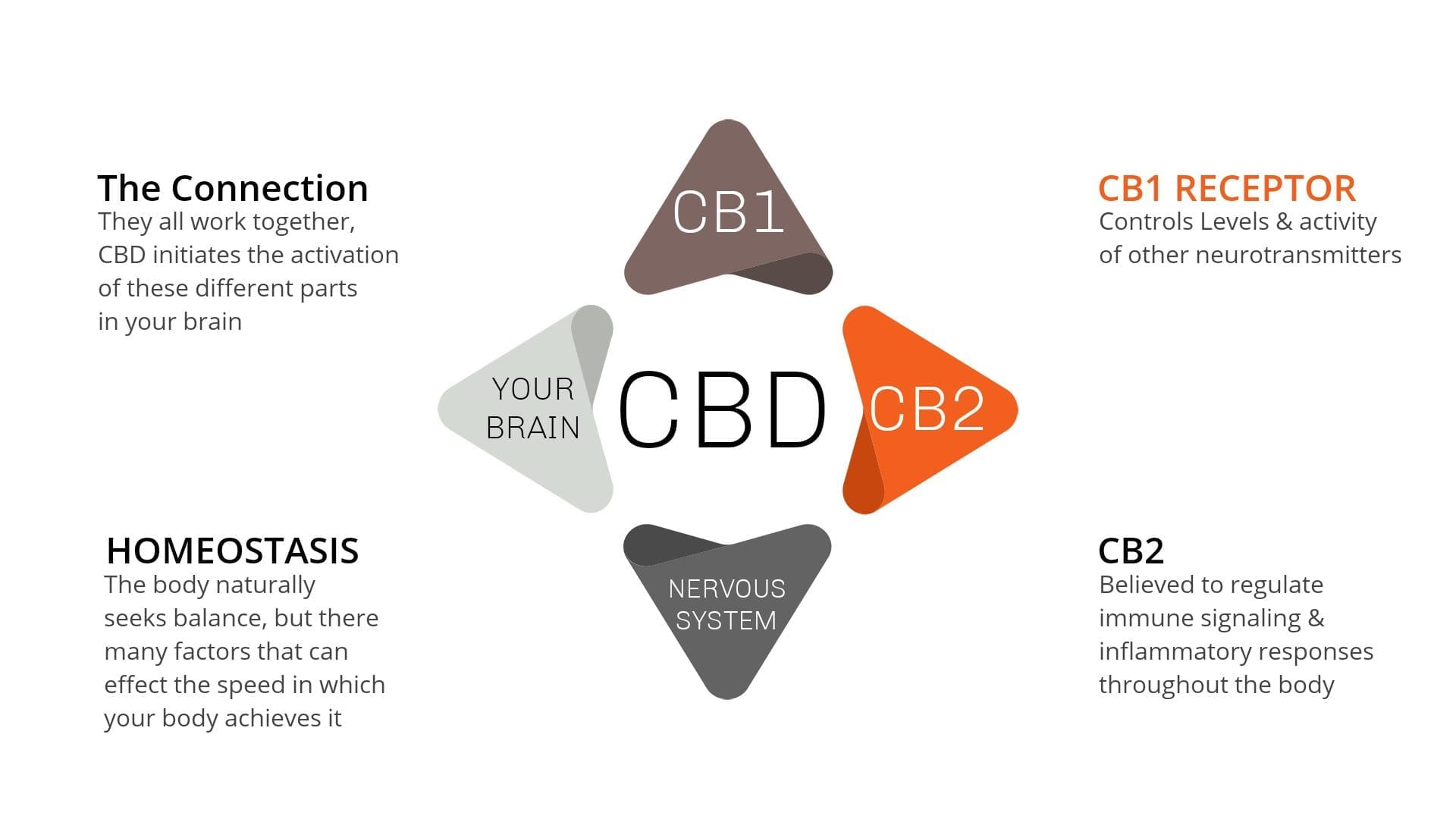
Side Effects and Interactions: What You Need to Know
As with any medication, CBD and medical cannabis can have side effects and interactions. We provide a detailed examination of the potential side effects and the factors that play a role in interactions, emphasizing the importance of consulting with healthcare professionals when considering these treatments.
Legal Landscape: Navigating the World of CBD and Medical Cannabis
The legal status of CBD and medical cannabis is a complex terrain. We navigate the evolving legal landscape, particularly in the wake of the 2018 Farm Bill, which reclassified hemp and hemp-derived CBD. Despite these changes, not all CBD products are created equal, and we stress the significance of quality and uniformity.
Traveling with CBD: New TSA Guidelines
Travelers, especially those who rely on CBD for medical purposes, have seen recent changes in TSA guidelines. We elaborate on the updated rules regarding the transport of CBD products, providing clarity for those who need to carry them during their journeys.

When Conventional Treatments Fail: CBD as a Viable Option
For individuals who have exhausted conventional treatment options without success, CBD becomes a viable alternative. We emphasize the importance of considering CBD oil only after thorough evaluation and consultation with epilepsy specialists, as it is not a one-size-fits-all solution.
Where to Learn More: Epilepsy Foundation’s Advocacy and FAQs
The Epilepsy Foundation has been at the forefront of advocating for cannabis research and supporting access to medical cannabis. We highlight their state and federal advocacy efforts, offering readers a comprehensive resource for further information.
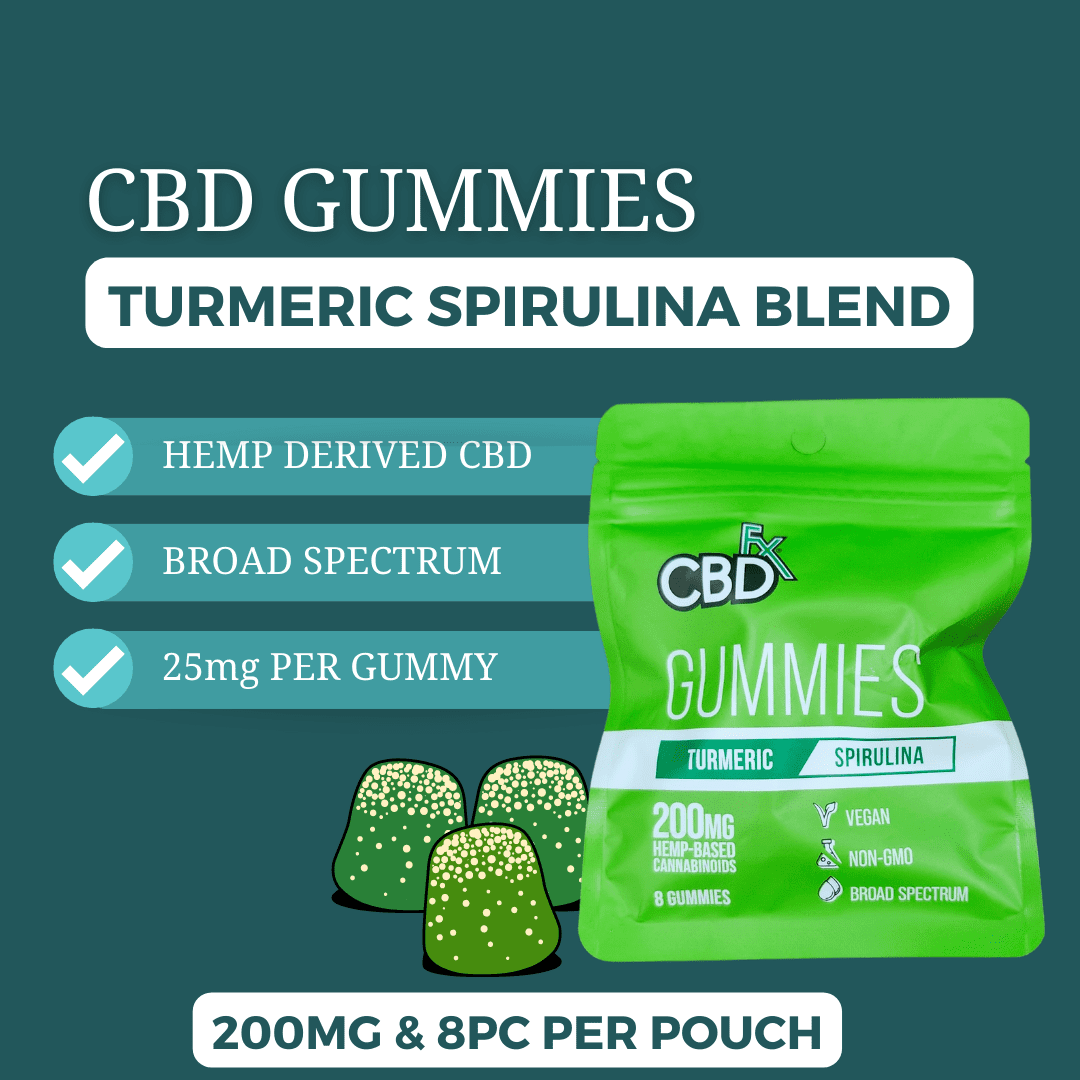
Conclusion: Embracing the Potential of CBD for Epilepsy and Beyond
In the wake of the FDA’s groundbreaking approval of EPIDIOLEX® and the changing perceptions of cannabis, we find ourselves at the cusp of a new era in medical treatment. The potential of CBD for epilepsy, and potentially beyond, is a testament to the ever-evolving world of medicine.
As we conclude this exploration, we encourage individuals to consider CBD as a viable option while working in tandem with their healthcare providers to make the best choices for their health and well-being.
FAQs
What is CBD, and how does it differ from THC?
What is EPIDIOLEX®, and why is its FDA approval significant?
How does CBD work to control seizures?
What are the potential side effects of CBD and medical cannabis?
Are there any interactions between CBD and other medications?
What is the legal status of CBD and medical cannabis?
Can I travel with CBD products?
When should I consider CBD as a treatment for epilepsy?
Where can I find more information on CBD and medical cannabis?
How can I make the best decisions regarding CBD for my health and well-being?
Related Articles:
- CBD Healing Solutions What To Know Now
- CBD For Anxiety How And Why It Works
- Top CBD Cream Relieves Arthritis Pain Now
- Discover CBD Now Benefits Explained
- CBD For Cancer: Benefits, Dosage, and Risks
Meet The Author


